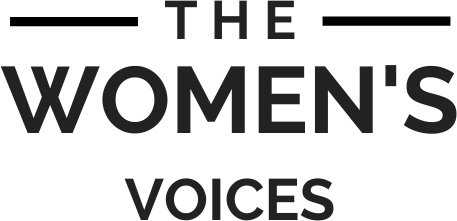The Prosecutor of the International Criminal Court, Karim Khan, Requests Arrest Warrants Against Senior Taliban Officials for Systematic Persecution of Women, Constituting a Crime Against Humanity
A historic request against Taliban leaders
On January 23, 2025, the Prosecutor of the International Criminal Court (ICC), Karim Khan, officially requested the issuance of arrest warrants against senior Taliban officials. Among them are the Supreme Leader, Hibatullah Akhundzada, and the Chief Justice of the “Islamic Emirate of Afghanistan,” Abdul Hakim Haqqani. These leaders are accused of crimes against humanity, particularly gender-based persecution. This charge specifically targets the systematic repression of Afghan women and girls since the Taliban took power in August 2021.
In an official statement, Karim Khan emphasized the gravity of the abuses committed: “Any perceived resistance or opposition to the Taliban regime has been violently repressed and continues to be, through crimes such as murder, imprisonment, torture, rape and other forms of sexual violence, enforced disappearance, and other inhumane acts.”
The evidence gathered by the prosecutor’s office demonstrates that the Taliban have established a regime of terror, eradicating fundamental rights for women and minorities. Since their return to power, they have banned women from receiving education beyond the primary level. Women are no longer allowed to travel alone without a male family escort. They are forbidden from speaking or singing in public places. Most recently, the Taliban ordered all windows that provide a view into rooms occupied by women to be covered. They impose severe punishments on those who dare to defy these rules.
International reactions
Karim Khan’s request has been widely welcomed by the international community. Many NGOs view it as a crucial turning point in recognizing gender-based violence as a major crime under international law. The United Nations and several Western governments, including France and Germany, have expressed their support for this initiative.
Agnès Callamard, Secretary General of Amnesty International, stated: “These arrest warrants are an essential step in holding the Taliban accountable for the atrocities they commit daily against women and girls in Afghanistan.”
However, some experts caution against excessive optimism, noting that Afghanistan is not a signatory to the Rome Statute, the founding treaty of the ICC. The arrest and extradition of Taliban leaders thus remain hypothetical unless they travel to a country that cooperates with the Court.
Diplomatic and geopolitical implications
Prosecutor Karim Khan’s request is likely to increase tensions between the international community and the Taliban regime, which has been seeking diplomatic recognition for several months. The UN and some Muslim countries, such as Qatar and Turkey, have been attempting to negotiate compromises with the Taliban to encourage them to ease their restrictions, but this initiative could be jeopardized by the prospect of legal proceedings.
The ICC judges must now review the evidence provided by the prosecutor before deciding whether to issue the arrest warrants. This process could take several months, but if successful, it would send a strong message: the international community will no longer tolerate impunity for crimes committed against women in Afghanistan.
Meanwhile, the Taliban consider the request for arrest warrants to be “baseless, a double standard, and politically motivated,” according to their Minister of Foreign Affairs.


